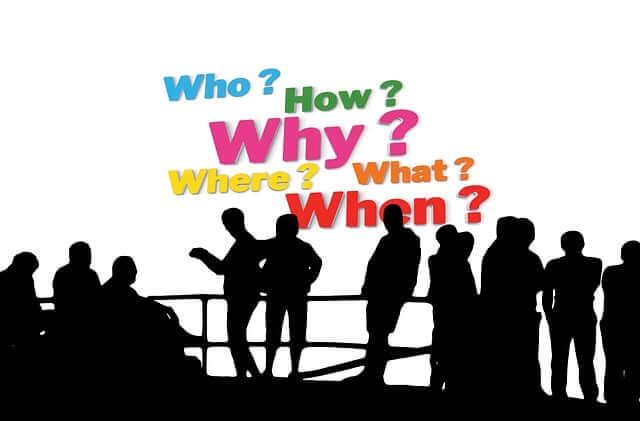I. Defining Iganony: Understanding the Concept
Defining Iganony: Understanding the Concept
To fully grasp the concept of Iganony, it is imperative to delve into its core definition. Iganony refers to a state of being where an individual’s true identity is concealed or hidden, often under the pretense of anonymity. It entails not only the act of concealing personal information but also the intentional obfuscation of one’s thoughts, opinions, and emotions. In essence, Iganony is a conscious effort to maintain a level of secrecy and ambiguity about oneself in various aspects of life, whether it be in digital spaces or interpersonal interactions.
The concept of Iganony is multifaceted and can manifest in different ways, particularly in the realm of online communication. Online platforms provide individuals with an opportunity to create anonymous personas, allowing them a certain level of freedom and anonymity in expressing their thoughts and ideas.
This has led to the rise of online communities and forums where people can engage in uninhibited discussions without fear of judgment or consequences. However, it is important to distinguish between Iganony and anonymity, as the former encompasses a deliberate choice to conceal one’s identity, while the latter may be a default state of being in the digital world.

II. The Origins of Iganony: Tracing its Evolution
The concept of iganony, although seemingly new, has its roots deeply embedded in human history. Tracing its evolution requires delving into the very origins of civilization itself. From the early hunter-gatherer communities to the complex societies we see today, the seeds of iganony have been sown and nurtured throughout the ages.
One can argue that iganony can be traced back to the fundamental need for individuals to form social connections and establish a sense of belonging. In prehistoric times, humans banded together in tribes, relying on cooperation and mutual support for survival. This primitive form of iganony laid the foundation for the development of more elaborate social structures, as tribes evolved into agricultural communities and eventually into organized civilizations.
As civilization progressed, so too did the manifestation of iganony. Ancient cultures recognized the importance of social order and established systems of governance to ensure harmony and cohesion within their societies.
From the Code of Hammurabi in ancient Babylon to the philosophy of Confucianism in ancient China, various ideologies and ethical frameworks emerged, shaping the evolution of iganony. These early developments provide valuable insights into the ever-changing nature of human interactions and the ways in which iganony has adapted over time.
III. Iganony in Society: Examining its Impact
The concept of iganony has gained significant attention and discussion in recent years. Its impact on society is profound and far-reaching, influencing various aspects of our daily lives. One area where iganony has a noticeable impact is in the realm of social interaction. In a society that values anonymity and distance, iganony has created a new paradigm of connection.
With the rise of social media and online platforms, individuals can now interact and communicate without revealing their true identities. This phenomenon has both positive and negative implications. On the one hand, iganony allows people to share their thoughts, opinions, and experiences freely, without the fear of judgment or repercussions.
It fosters a sense of openness and inclusivity, enabling individuals to connect with like-minded individuals across geographical boundaries. On the other hand, iganony also paves the way for online harassment, cyberbullying, and malicious behavior. The anonymity can embolden individuals to say and do things they would never dare in a face-to-face interaction, leading to a toxic online environment. The impact of iganony on society, therefore, is a complex and nuanced issue that warrants further exploration and analysis.
